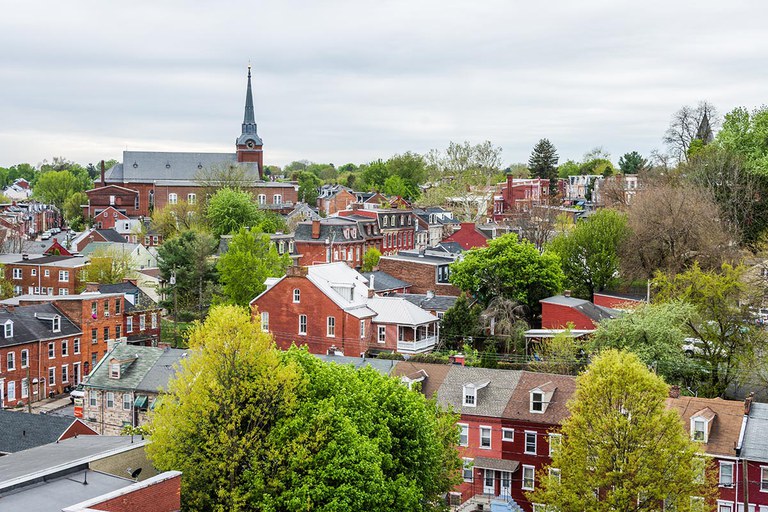Addressing vulnerability risk factors can strengthen Pennsylvania communities
Problem
How can policymakers and community groups better address social and economic factors that make some populations more vulnerable to risk in the face of a crisis?
The coronavirus pandemic has revealed the vulnerability of segments of the population to significant physical, social, and economic upheaval.
Findings
Penn State researchers developed an online tool to assist community leaders and policymakers in understanding and mitigating these vulnerabilities.
- Interactive maps illustrate data on the prevalence of 12 vulnerability risk factors, such as poverty, housing cost burden, lack of broadband internet access, poor healthcare coverage, food insecurity, and others.
- Narrative text and discussion questions facilitate engagement and stimulate thought about how, why, and where the pandemic and resulting disruptions could affect local populations.
Impact
Although growing out of the COVID-19 crisis, the project has a longer-range value. This research and tool will help to:
- Catalyze citizens, civic groups, nonprofit organizations, and the public and private sectors to think about not only how to guide residents through the current crisis but also approaches to address chronic issues affecting various populations
- Strengthen communities, leaving them more prepared to face challenges and recover from unexpected events in the future
Related Research Area: Community Resilience and Capacity
Research Credit
Team
- Cristy Halerz Schmidt, Timothy W. Kelsey, Alyssa Gurklis
Participating Departments
Partners
- Penn State Center for Economic and Community Development, Penn State Extension
Federal and State Appropriations
- USDA NIFA Multistate Hatch Project PEN04633, Accession #1014522; USDANIFA Smith-Lever Project PEN08103
Emerging Discoveries
Online Tool
Emerging Discovery
Office for Research and Graduate Education
Address
217 Agricultural Administration BuildingUniversity Park, PA 16802-2600
- Email agresearch@psu.edu
- Office 814-865-3136
Emerging Discovery
Office for Research and Graduate Education
Address
217 Agricultural Administration BuildingUniversity Park, PA 16802-2600
- Email agresearch@psu.edu
- Office 814-865-3136





